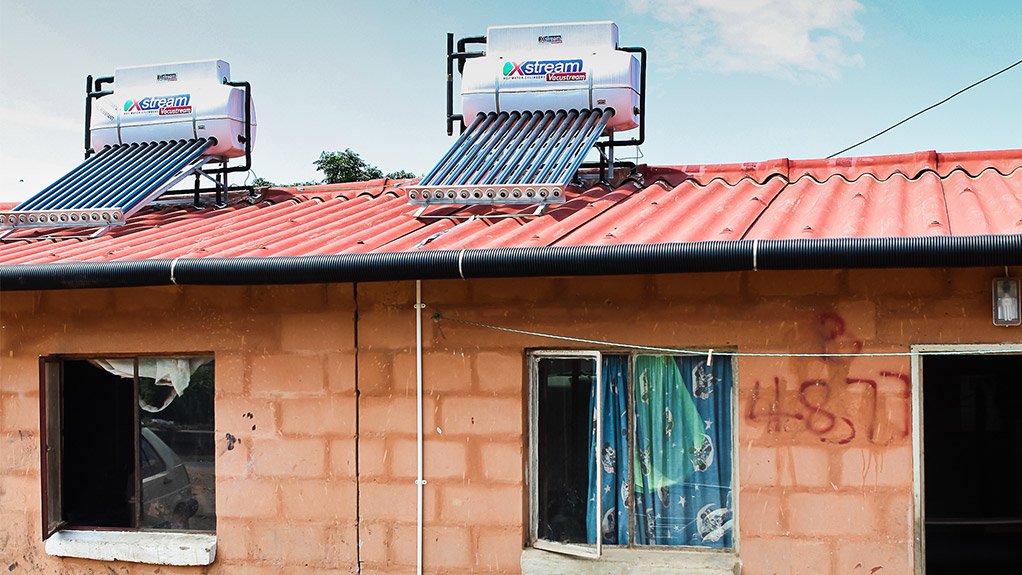While it makes economic and environmental sense for African governments to adopt green energy technologies at a macro level , the continent is reluctant to do so as green technologies are currently not economically viable for households or individuals, says the Sam Tambani Research Institute’s Dr Martin Kaggwa.
Speaking during a panel discussion on green technologies and innovation at the Africa Energy Indaba, which took place this week in Sandton, Kaggwa told delegates that the continent needed intervention that would filter down to individuals, “otherwise the delay and slow pace in roll-out will continue”.
He explained that governments and green energy stakeholders needed to acknowledge that the roll-out of green technologies would have unintended consequences on the continent’s workforce, as most jobs in this sector were still hypothetical. “We know these green technologies create new jobs, but it also destroys jobs [as] it cannot absorb all employees from traditional energy-creating sectors.”
Kaggwa questioned whether governments and stakeholders had taken time to reflect on whose jobs were at risk if the continent migrated from so-called ‘dirty’ energy generation to clean energy.
Using South Africa as an example, he noted that the local coal industry currently employed about 200 000 people. With this in mind, Kaggwa asked where these employees would end up if the country adopted more green technologies and phased out its dependence on coal-fired power stations. “Will these employees end up living on State subsidies?”
East London industrial development zone renewable energy sector manager Chris Ettmayr agreed, noting that the national renewable-energy programme was “quite exclusive” and “marginalised” small and medium-sized enterprises (SMEs), instead of absorbing these businesses.
“SMEs are too small to take on the risk of supplying some of the projects, as it holds very big penalties for late delivery,” added Ettmayr. Nevertheless, he pointed out that government had learnt from past experiences, citing a database of green energy SMEs that had been established in the Eastern Cape.
This comprised component suppliers, as well as other suppliers of goods and services for the renewable-energy industry, which sought to prevent future errors. “For the creation of jobs, stimulation is required from government, but companies should also ensure that they are able to compete,” he noted.
However, nonprofit corporation Clinton Foundation islands energy climate initiative project manager Fiona Wilson argued that the transition in the labour sector was part of the energy transition. “When countries transition to different sources of generation, an eye should always be kept on how it will absorb the skills and structure of the labour force to benefit from that transition.”
Edited by: Samantha Herbst
Creamer Media Deputy Editor
EMAIL THIS ARTICLE SAVE THIS ARTICLE
To subscribe email subscriptions@creamermedia.co.za or click here
To advertise email advertising@creamermedia.co.za or click here













